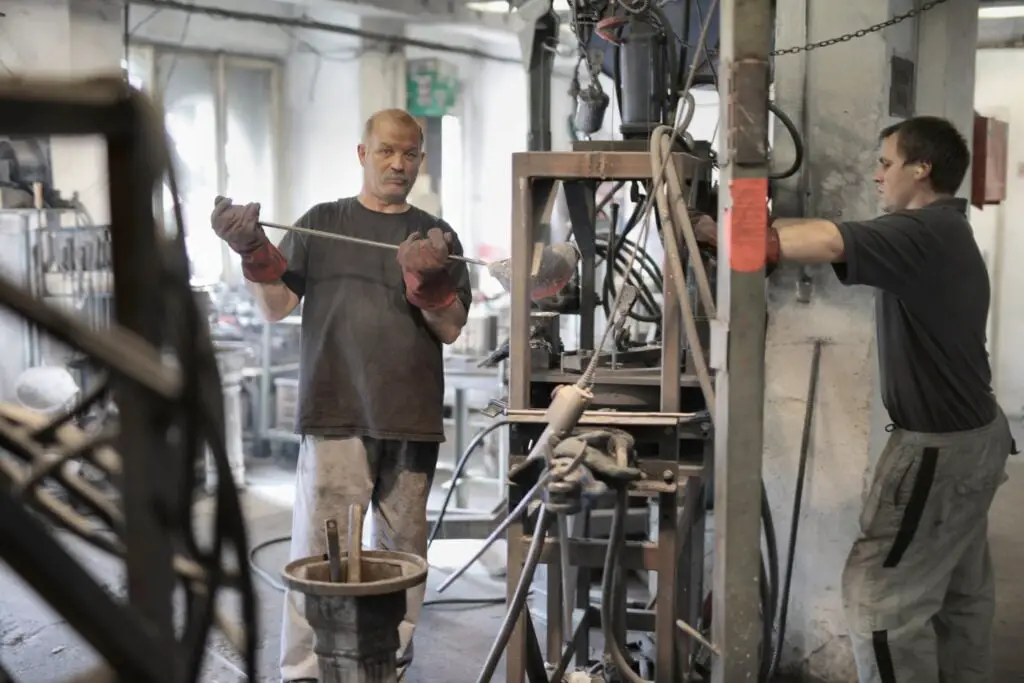The construction industry in the Philippines has undergone a remarkable transformation in recent years, fueled by advancements in construction technology.
As the nation strives for economic growth and urban development, the integration of cutting-edge technologies has become pivotal in enhancing efficiency, sustainability, and overall project outcomes.
This article explores the current status of construction technology in the Philippines, highlighting key trends and innovations that are reshaping the industry.
- Building Information Modeling (BIM):
One of the most significant advancements in construction technology is the widespread adoption of Building Information Modeling (BIM). BIM facilitates a collaborative approach to project planning and execution, allowing stakeholders to create, share, and manage digital representations of the physical and functional characteristics of a building. In the Philippines, BIM has gained traction for its ability to improve coordination, reduce errors, and optimize project timelines.
- Drones and Aerial Imaging:
Unmanned Aerial Vehicles (UAVs), commonly known as drones, have become integral in construction projects across the Philippines. Construction firms are utilizing drones for surveying, mapping, and monitoring construction sites.
Aerial imaging provides real-time insights, enhances site safety, and streamlines the decision-making process. The Civil Aviation Authority of the Philippines (CAAP) has adapted regulations to accommodate the increasing use of drones in the construction sector.
- 3D Printing in Construction:
The Philippines has witnessed the emergence of 3D printing technology in construction, revolutionizing the traditional building methods. 3D printing enables the construction of complex structures with precision and speed.
The technology has been employed in creating components, such as building facades and modular elements, leading to cost savings and reduced construction time.
- Smart Construction Equipment:
The adoption of smart construction equipment has become a game-changer in the industry. Sensors and telematics embedded in machinery enable real-time monitoring of equipment performance and health.
This data-driven approach enhances maintenance practices, reduces downtime, and contributes to more efficient project management. Filipino construction companies are increasingly investing in smart equipment to stay competitive in the market.
- Augmented Reality (AR) and Virtual Reality (VR):
AR and VR technologies are finding applications in construction design, training, and project visualization. Architects and engineers in the Philippines are utilizing AR and VR to create immersive experiences that aid in conceptualizing and refining designs.
Virtual walkthroughs of construction sites help stakeholders visualize the final product, identify potential issues, and make informed decisions.
- Sustainable Construction Practices:
With a growing emphasis on sustainable development, the Philippines’ construction industry is incorporating green building practices and environmentally friendly technologies.
From energy-efficient materials to renewable energy integration, sustainable construction is gaining momentum. The government has introduced incentives to encourage the adoption of eco-friendly construction methods, aligning with global efforts to combat climate change.
- Blockchain for Construction Management:
Blockchain technology is making inroads into construction project management in the Philippines. The decentralized and secure nature of blockchain facilitates transparent and efficient collaboration among project stakeholders.
Smart contracts are being utilized to automate payment processes, reduce disputes, and ensure adherence to project timelines.
Conclusion:
The construction technology landscape in the Philippines is evolving rapidly, driven by a confluence of factors such as economic growth, urbanization, and a commitment to sustainable development.
As the industry continues to embrace innovative technologies, the construction sector is poised for greater efficiency, cost-effectiveness, and environmental responsibility. Stakeholders, including government bodies, construction firms, and technology providers, play a crucial role in shaping the future of construction technology in the Philippines.
To see other material construction prices, please see here.
To know other construction guides, tips, and methodology for beginners, veterans, and contractors, please see here.

